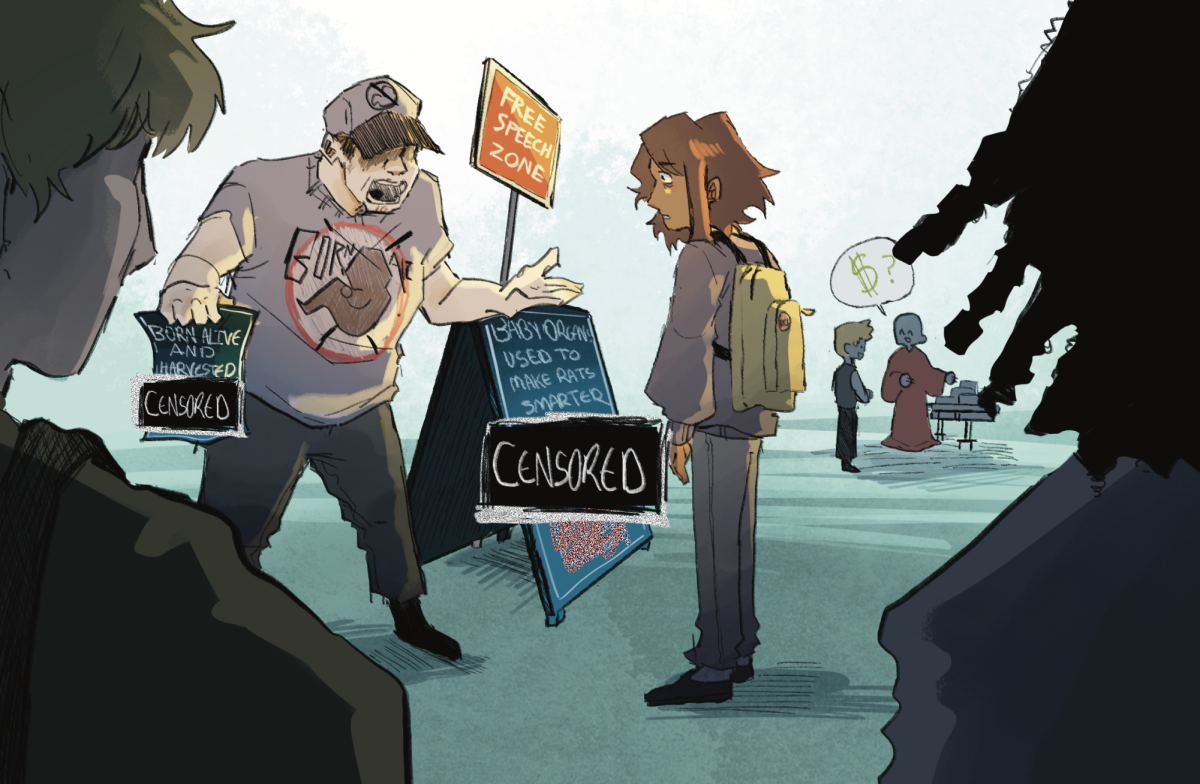By Samantha Bartholomew
Education Secretary Betsy DeVos announced Sept. 7 that she intends to reverse and replace the Obama administration’s 2011 guidance on sexual assault, better known as Title IX, citing due-process failings and procedural missteps.
Title IX is a federal civil rights law that prohibits discrimination on the basis of sex in any educational program or activity that receives federal funding. This includes most schools, including private institutions and grades K-12.
Under Title IX, schools are legally required to respond and remedy hostile educational environments and failure to do so is a violation that means a school could risk losing its federal funding.
Schools that operate under Title IX are encouraged to inform students of students’ option to request confidentiality and available confidential advocacy, counseling or other support services and their right to file a Title IX complaint with the school and to report a crime to campus or local law enforcement.
When applying Title IX to campus sexual violence, victims of sexual assault have successfully sued universities in both federal and state courts for indifference to known situations of harassment.
For example, in 2007 a federal appeals court ruled that the University of Colorado at Boulder could be sued under Title IX for rapes that took place in the context of its football recruiting program, stating that evidence could indicate that the risk of rape during recruiting visits was so obvious that the university violated Title IX by ignoring this risk.
According to the Chronicle of Higher Education, the government has conducted 435 investigations of colleges for possibly mishandling reports of sexual violence. As of 2017, 76 cases have been resolved and 359 remain open.
Under the Clery Act, a bill of rights for victims of campus sexual assault requires colleges and universities to notify victims of counseling resources available to them, notify victims of the option to report a case to either the school, law enforcement, or both and to provide academic or living accommodations, such as changing dorms and classes to victims.
Critics have stated their belief that DeVos’ speech alone shows a lack of understanding on the complexity of campus rape investigations and that her actions show a clear disconcern for sexual assault victims.
“This announcement sent a very clear message to student survivors: The government does not have your back,” Fatima Goss Graves said in her op-ed for Fortune.
Many do not see it this way.
In their Sept. 8 editorial, The National Review referred to DeVos’ actions as a “welcome step toward restoring a measure of justice and sanity to American higher education.”
“This conversation has too often been framed as a contest between men and women or the rights of sexual misconduct survivors and the due process rights of accused students,” DeVos said in her address. “The reality is, however, a different picture. There are men and women, boys and girls who are survivors, and there are men and women, boys and girls who are wrongfully accused.”
Civil rights attorney Alexandra Brodsky said she disagrees with the idea that protections for student survivors come at the expense of students accused of sexual assault.
“The Title IX guidance provides really robust procedural protections for accused students,” Brodsky said. “Schools investigate everything from plagiarism, to arson, to simple assault, to murder.”
In a review of research conducted by the National Sexual Violence Resource Center finds that false sexual assault reporting occurs two to 10 percent. This estimate is backed by a 2006 study that analyzed 812 sexual assault reports from 2000-2003 and found a 2.1 percent rate of false reports.
There has been no further update as to when or if Title IX will be officially reversed or what plans DeVos has in mind for its replacement.



















